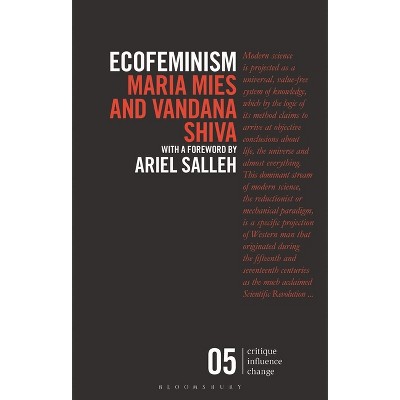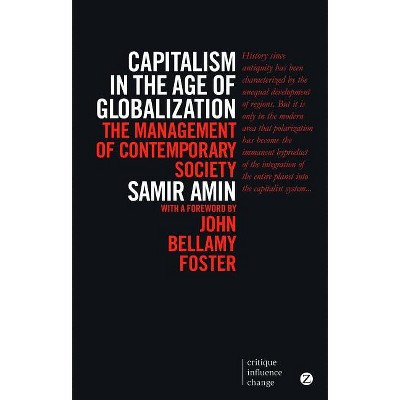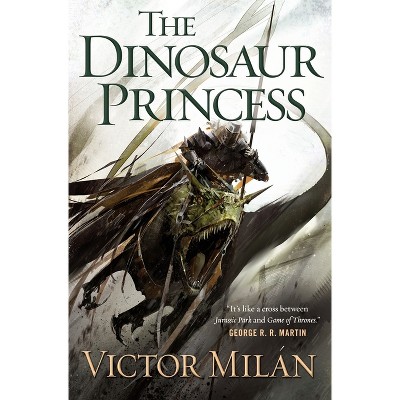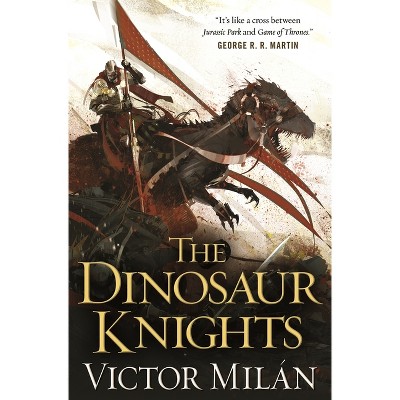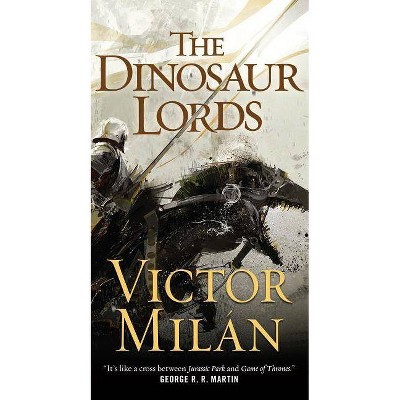The Lords of Human Kind - (Critique Influence Change) by Victor Kiernan (Paperback)

About this item
Highlights
- When European explorers went out into the world to open up trade routes and establish colonies, they brought back much more than silks and spices, cotton and tea.
- About the Author: Victor Kiernan (1913-2009) ranks among Britain's most distinguished historians.
- 392 Pages
- History, Europe
- Series Name: Critique Influence Change
Description
About the Book
"First published in 1969 by Weidenfeld & Nicolson"--Title page verso.Book Synopsis
When European explorers went out into the world to open up trade routes and establish colonies, they brought back much more than silks and spices, cotton and tea. Inevitably, they came into contact with the peoples of other parts of the world and formed views of them occasionally admiring, more often hostile or contemptuous.Using a stunning array of sources - missionaries' memoirs, the letters of diplomats' wives, explorers' diaries and the work of writers as diverse as Voltaire, Thackeray, Oliver Goldsmith and, of course, Kipling - Victor Kiernan teases out the full range of European attitudes to other peoples. Erudite, ironic and global in its scope, The Lords of Human Kind has been a major influence on a generation of historians and cultural critics and is a landmark in the history of Eurocentrism.
Review Quotes
[Victor Kiernan is] that great Scottish historian of empire.
Edward Said
One of the rewards of my career as a historian is to have once suggested the idea of this book to Victor Kiernan, knowing that no other scholar had the brilliance and global range of learning to write it. It is still a marvellous book, fresh as on the day of first publication and ready for a new generation of readers.
Eric Hobsbawm
The Lords of Human Kind remains an important resource for the history of racism and empire, and is a finely written book, with a frequently sardonic tone at the expense of self-revealing imperialists.
Counterfire
About the Author
Victor Kiernan (1913-2009) ranks among Britain's most distinguished historians. After a fellowship at Trinity College, Cambridge, and a long period spent teaching in India, he joined the History Department at the University of Edinburgh, where he served as Professor of modern history from 1970 until his retirement. Over the course of his life he authored many works including European Empires from Conquest to Collapse; The Duel in European History; Shakespeare: Poet and Citizen; Horace: Poetics and Politics and numerous others, as well as translating two volumes of Urdu poetry.
Victor Kiernan (1913-2009) ranks among Britain's most distinguished historians. After a fellowship at Trinity College, Cambridge, and a long period spent teaching in India, he joined the History Department at the University of Edinburgh, where he served as professor of modern history from 1970 until his retirement. Over the course of his life he authored such works as European Empires from Conquest to Collapse; The Duel in European History; Shakespeare: Poet and Citizen; Horace: Poetics and Politics and numerous others, as well as translating two volumes of Urdu poetry.






